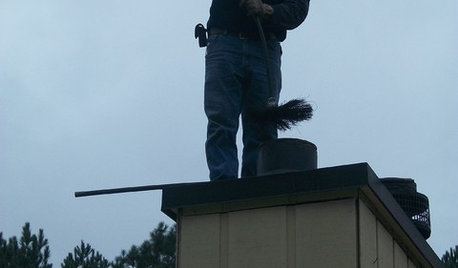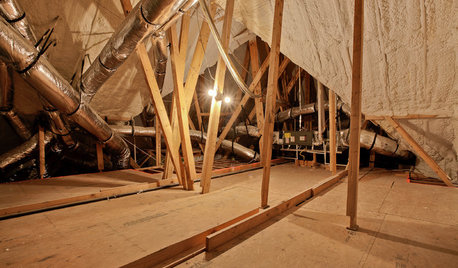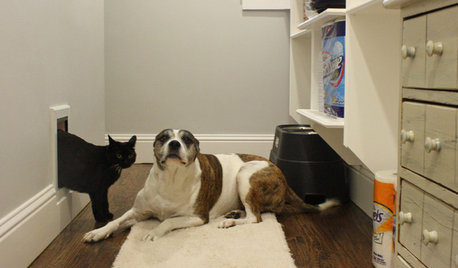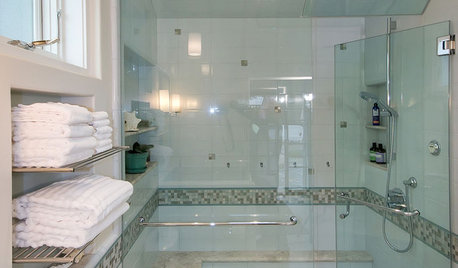Is Spray Foam safe ?????
TFCwifey
11 years ago
Related Stories

MATERIALSInsulation Basics: What to Know About Spray Foam
Learn what exactly spray foam is, the pros and cons of using it and why you shouldn’t mess around with installation
Full Story
HOUSEKEEPING12 Steps to a Safe, Cozy Home for a New Year
From smoke detectors to furnace filters, let January 1 be a reminder of some must-dos around the house
Full Story
LIFE10 Ways to Keep Your Home Safe While You're Traveling
Set off on your trip with peace of mind, knowing you've taken the right steps toward keeping your home secure
Full Story
GREEN BUILDINGEcofriendly Cool: Insulate With Wool, Cork, Old Denim and More
Learn about the pros and cons of healthier alternatives to fiberglass and foam, and when to consider an insulation switch
Full Story
FURNITUREHow to Buy a Quality Sofa That Will Last
Learn about foam versus feathers, seat depth, springs, fabric and more for a couch that will work for years to come
Full Story
UNIVERSAL DESIGN11 Ways to Age-Proof Your Bathroom
Learn how to create a safe and accessible bathroom without sacrificing style
Full Story
UNIVERSAL DESIGN12 Must-Haves for Aging in Place
Design a home that will continue to be accessible, safe and stylish as the years go by
Full Story
KITCHEN DESIGN16 Practical Ideas to Borrow From Professional Kitchens
Restaurant kitchens are designed to function efficiently and safely. Why not adopt some of their tricks in your own home?
Full Story
PETSPet-Proofing Your Home: A Room-by-Room Guide
Not all pet dangers are obvious. Keep furry friends safe and sound by handling all of these potential hazards
Full Story
SHOWERSGet Steamy in the Shower for Spa Time at Home
Learn the components of a steam shower to plan a safe and sturdy installation and a soothing bath experience
Full StoryMore Discussions







ionized_gw
Elmer J Fudd
Related Professionals
Half Moon Bay Solar Energy Systems · Lake Mary Solar Energy Systems · Lomita Solar Energy Systems · Sun Prairie Solar Energy Systems · Tustin Solar Energy Systems · West Hartford Solar Energy Systems · Brushy Creek Home Automation & Home Media · Lakewood Home Automation & Home Media · Margate Home Automation & Home Media · Philadelphia Home Automation & Home Media · Springville Home Automation & Home Media · Aurora Fireplaces · Barrington Fireplaces · Graham Fireplaces · Romeoville Fireplacesenergy_rater_la
TFCwifeyOriginal Author
hamconsulting
brickeyee
mike_home
countryboymo
countryboymo
Elmer J Fudd
SaltiDawg
Circus Peanut
llaatt22
Shane Ryan
Bruce in Northern Virginia
Shane Ryan